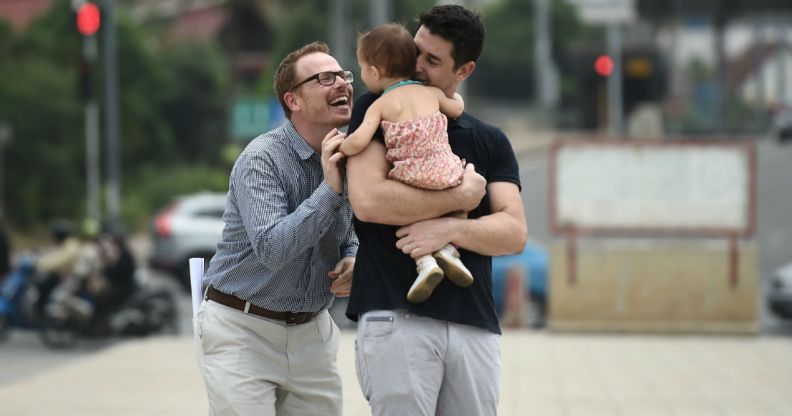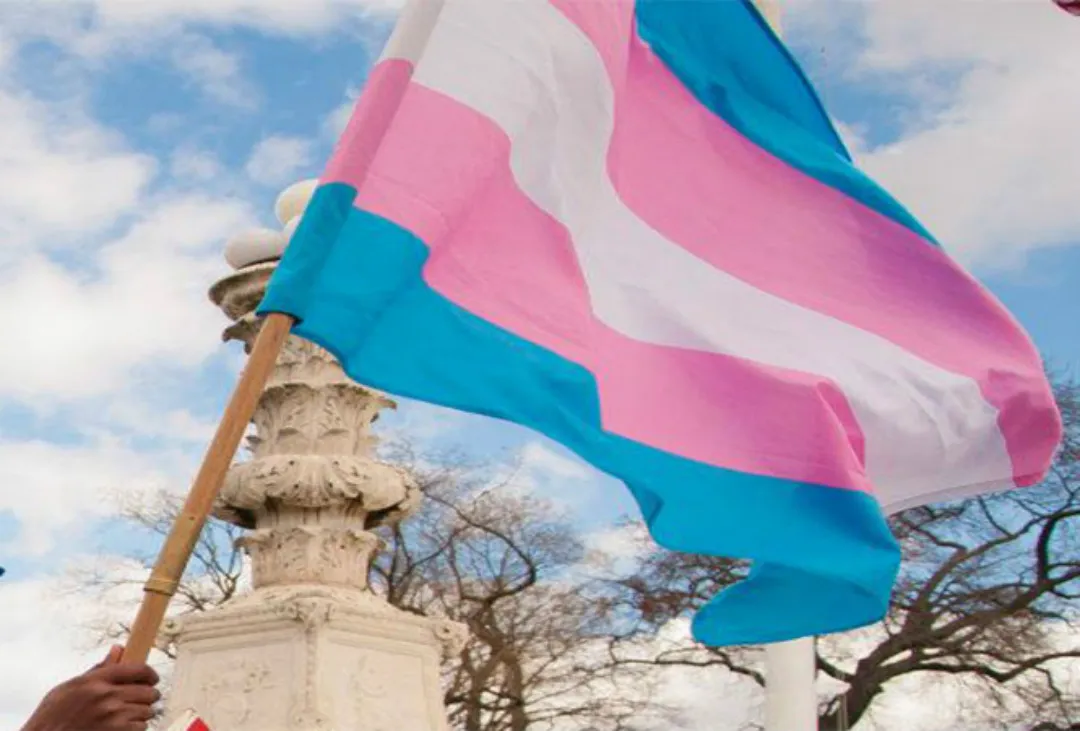Facebook is blocking this video of Thailand’s King Bodindradebayavarangkun in a crop top

Facebook is blocking a video of the king of Thailand wearing a crop top.
The social network has blocked users in Thailand from seeing the video at the request of the country’s government, which outlaws criticism of the monarchy.
The video appears to show the country’s king strolling through a German shopping mall wearing a crop-top, accompanied by a woman.
The king’s distinctive and extensive tattoos are visible (which have been seen previously) and men that would appear to be bodyguards can be seen in the video.

64-year-old King Maha Vajiralongkorn Bodindradebayavarangkun became king of the country after his father, King Bhumibol Adulyadej, died last year.
The video was taken a few months earlier, on June 10 2016, by a Thai citizen who recognised the monarch in a shopping centre in Munich, Germany.
The video was recently passed on to Andrew Marshall, a prominent critic of the Thai regime, who posted it to Facebook.
Facebook subsequently blocked anyone in Thailand from viewing the video, and blocked all Thai Facebook users from contacting Marshall about the video on the social network.
“When governments believe something on the internet violates their laws, they may contact companies like Facebook and ask us to restrict access to that content,” a Facebook spokesperson told VICE News in an emailed statement.
Facebook is geoblocking this video of Thailand's King Vajiralongkorn so users in Thailand can't see it pic.twitter.com/QAE2SNr2KY
— Andrew MacGregor Marshall (@zenjournalist) May 5, 2017
It is believed the king fears Thai citizens seeing the video would undermine popularity in his leadership and the monarchy.
Thailand bans same-sex marriage and adoptions by samesex couples, but does now have anti-discrimination laws.
As of 2015, it allows LGBT people to serve openly in the military.
PinkNews reported in April that Trans women in Thailand who are yet to receive gender reassignment surgery are reportedly being forced to to serve in the military.
Conscription laws in the country dictate that at the age of 21 men can either serve six voluntary months, or risk the annual lottery which is being held this month.

For those who risk the lottery, their fate depends on a black ticket which if pulled means they are allowed to go home. However, if a red ticket is pulled then they must serve for two years.
The Thai Transgender Alliance for Human Rights is desperately gearing up ahead of the lottery to provide extra service to trans women who fear they will have to serve.
Jetsada Taesombat, the executive director of the alliance told Reuters that trans suicides often increase around the lottery period because trans women would “rather take their lives” than serve in the army.
Taesombat explained: “Most are stressed and worried that they will be undressed, stared at, or humiliated in public.”
In January of this year, it was also reported that the Thai government are beginning to separate prisoners as they prepare an LGBT exclusive prison after a successful trial was run last year.
Pattaya Remand has separated inmates who identify within the LGBT community to combat against inmate discrimination in the last few months, and the outcome has proved so successful that the government are now preparing to dedicate an entire prison to LGBT inmates.
“If we didn’t separate them, people could start fighting over partners to sleep with,” said Watcharavit Vachiralerphum, warden in the prison. “It could lead to rape, sexual assault, and the spread of disease.”

